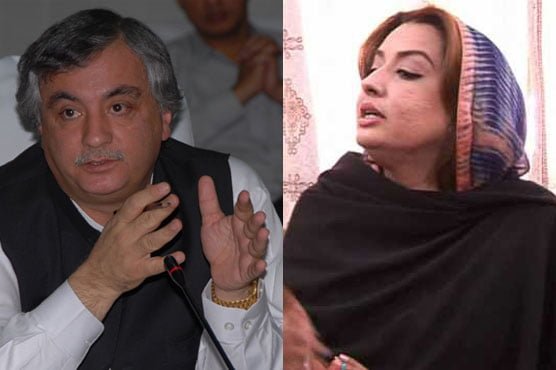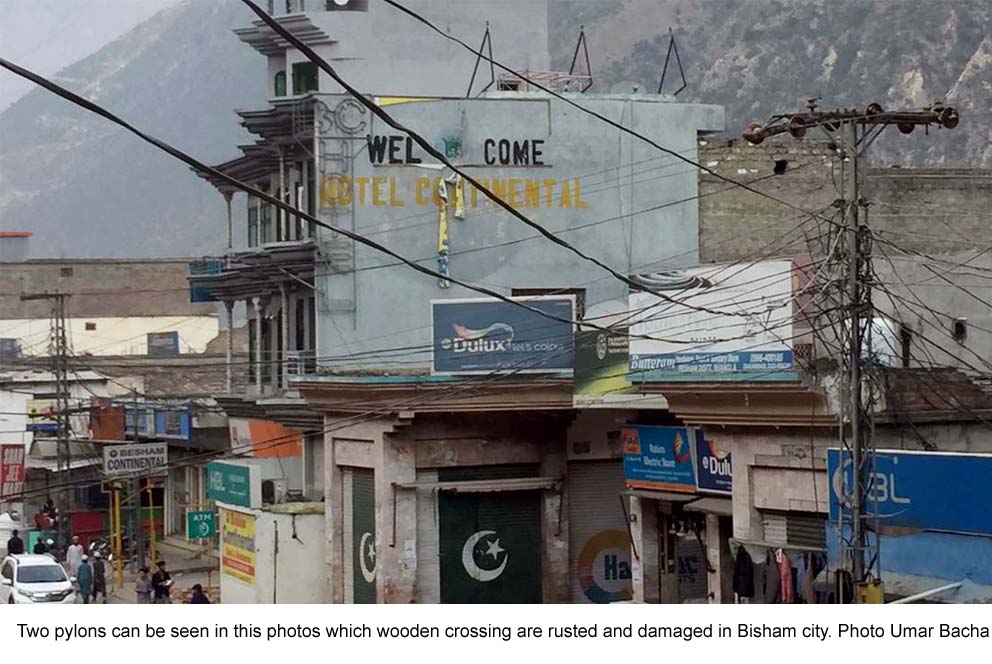Group Development Pakistan (GDP), under the flagship Aawaz II programme with the support of the Foreign, Commonwealth & Development Office (FCDO), in collaboration with the United Nations Population Fund (UNFPA) and the Local Government, Elections and Rural Development Department (LGERDD) of Khyber Pakhtunkhwa, concluded a three-day transformative training program focused on ending child marriage, promoting gender equality and child rights.
The training brought together 30 key officials, including Assistant Directors, Village Council Secretaries, and Supervisors from across Khyber Pakhtunkhwa. Through interactive sessions and practical tools, participants were equipped with knowledge on the Child Marriage Restraint Act, the consequences of this harmful practice, and the pivotal role they play in enforcing the law and protecting children.
The core objectives of the training were to:
- Enhance the understanding of the legal frameworks addressing child marriage;
- Debunk prevalent myths and social norms sustaining contributing to child marriage;
- Promote gender equality and the rights of women and children;
- Strengthen community-level enforcement mechanisms, particularly through the roles of Nikah Registrars, Nikah Khwans, and Village Council Secretaries.
“This training helped us see how deeply child marriage harms not just children, but the entire communities,” shared one participant. “We now have both the understanding and the tools to take action” stated another one.
Trainer Umar Sajjad, Advocate, emphasized the importance of localized action: “Trained and sensitized local officials are crucial to the successful implementation of child protection laws. Their leadership can help shift attitudes and transform communities.”
Imran Takkar, Provincial Coordinator at Group Development Pakistan, reaffirmed the organization’s commitment: “We are proud to support the Government of Khyber Pakhtunkhwa in its efforts to eliminate child marriage. By empowering local actors, we’re laying the foundation for safer, more equitable futures for all children.”
This initiative marks an important step toward systemic change — one that builds a strong network of informed local leaders committed to ending child marriages in Khyber Pakhtunkhwa.
Follow Us








